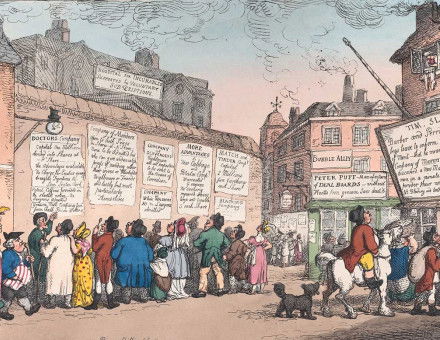John Mason and the End of the World
Christopher Hill examines the millenarian religious ferment of the seventeenth century and finds that it threw up many strange figures—among them an eccentric Anglican divine who prophesied that the second coming was soon to occur in his own parish, where he gathered a large community of religious squatters.



